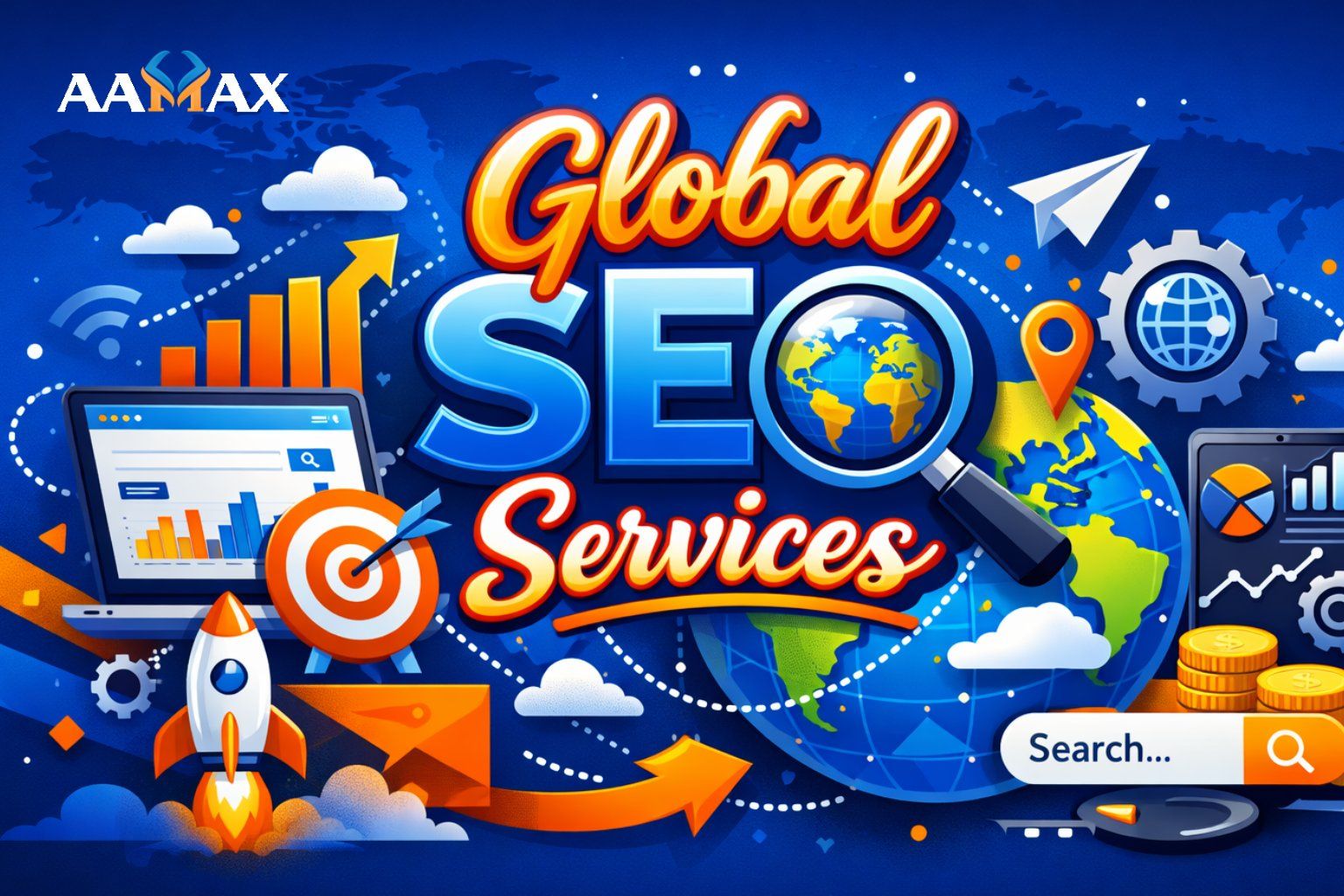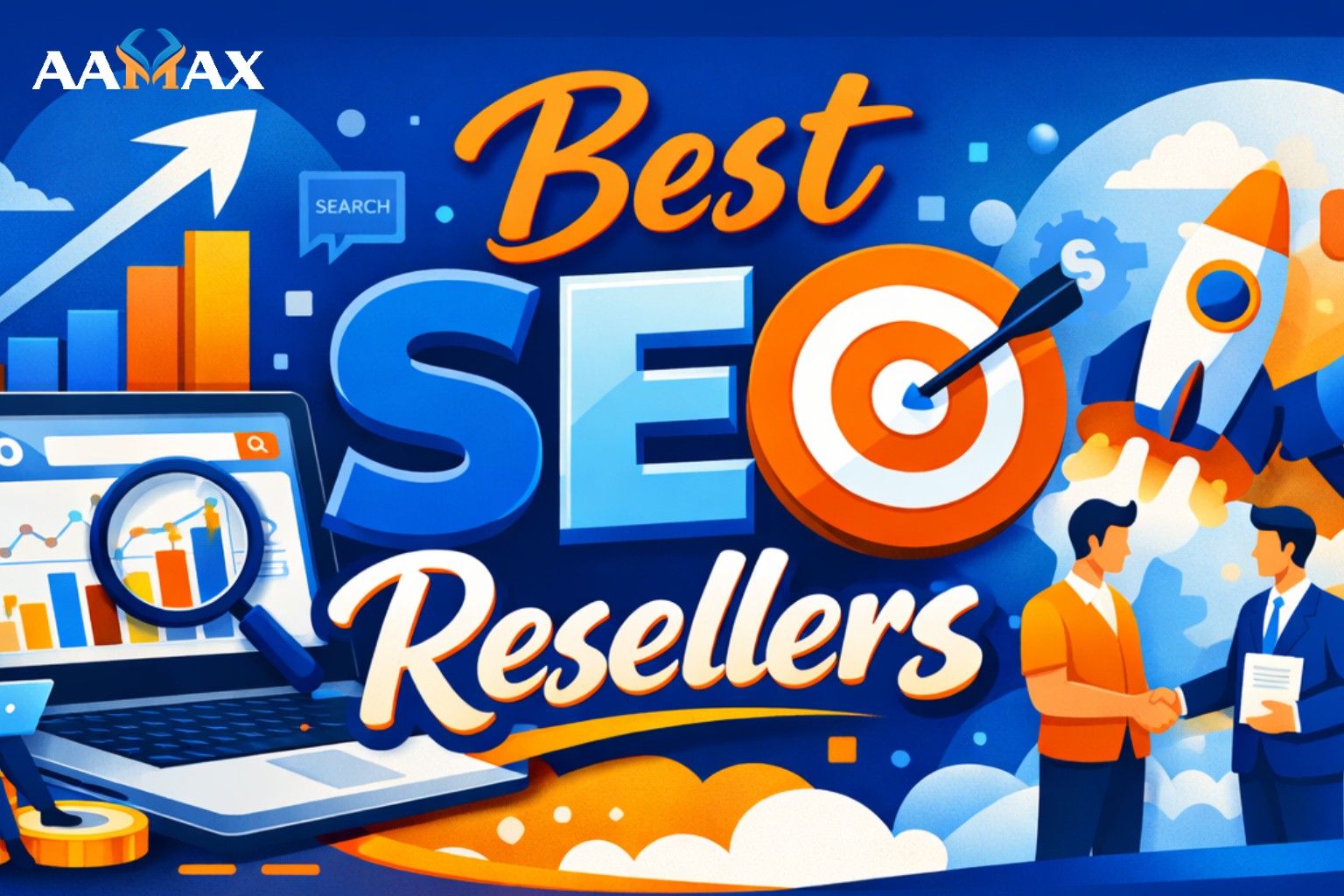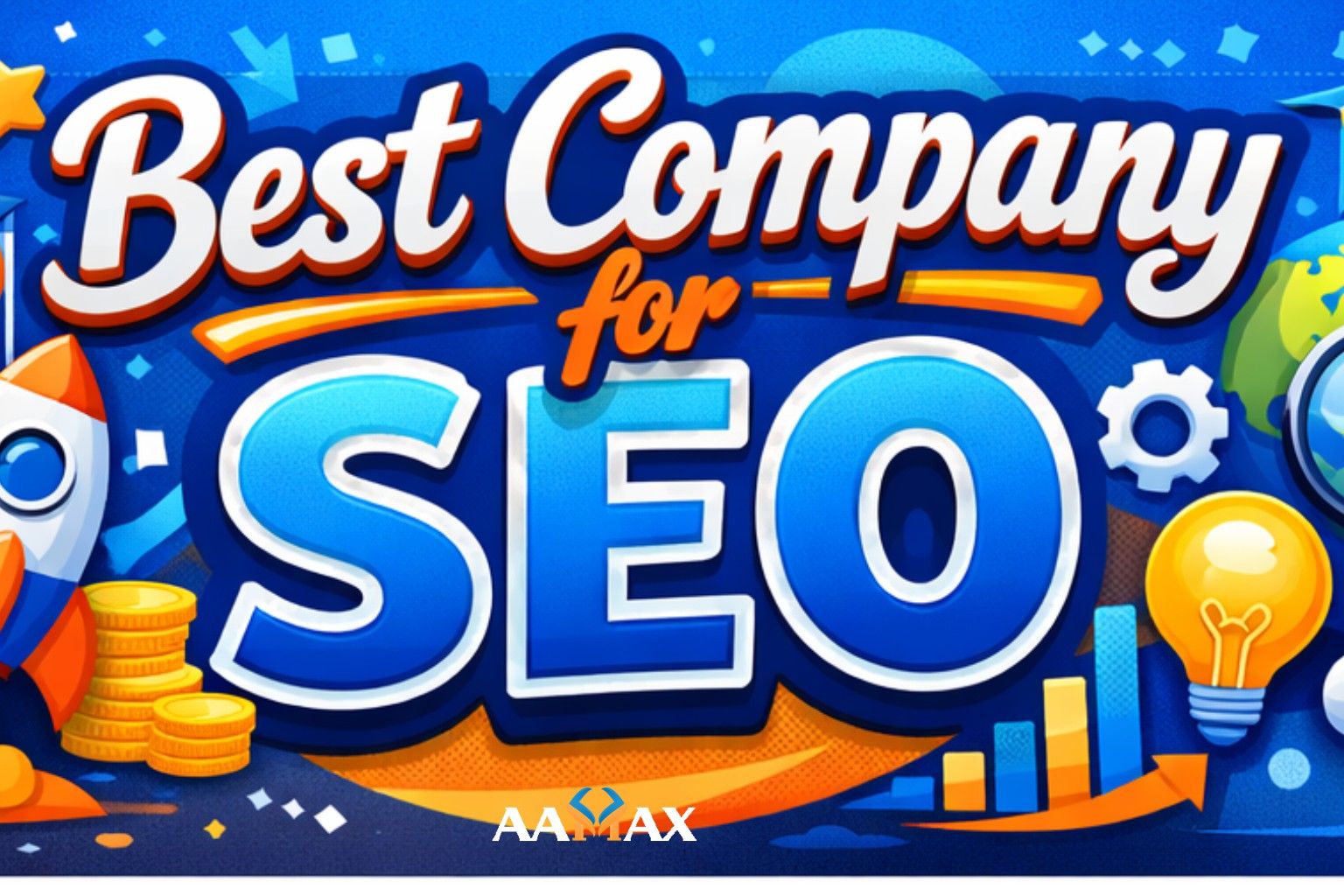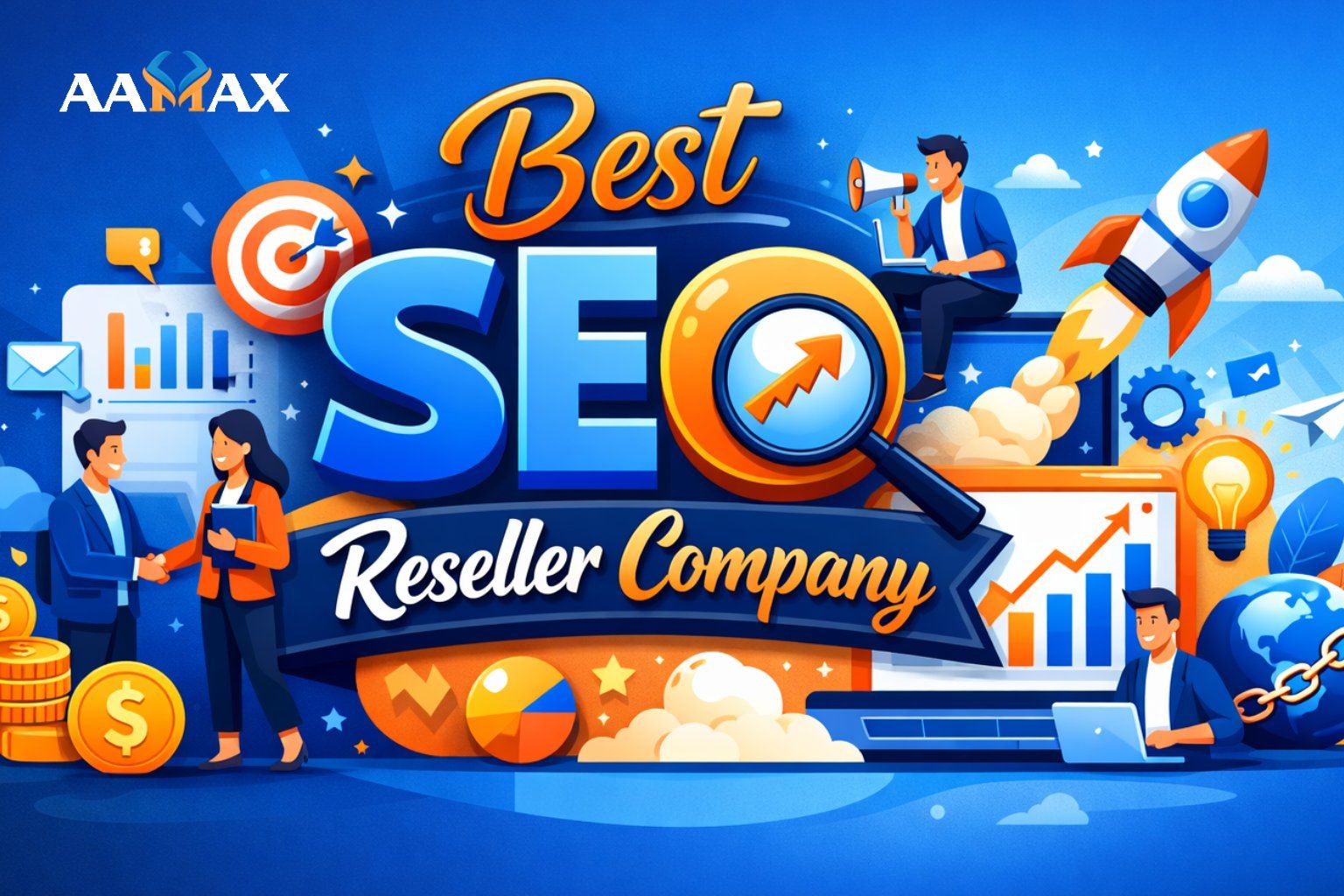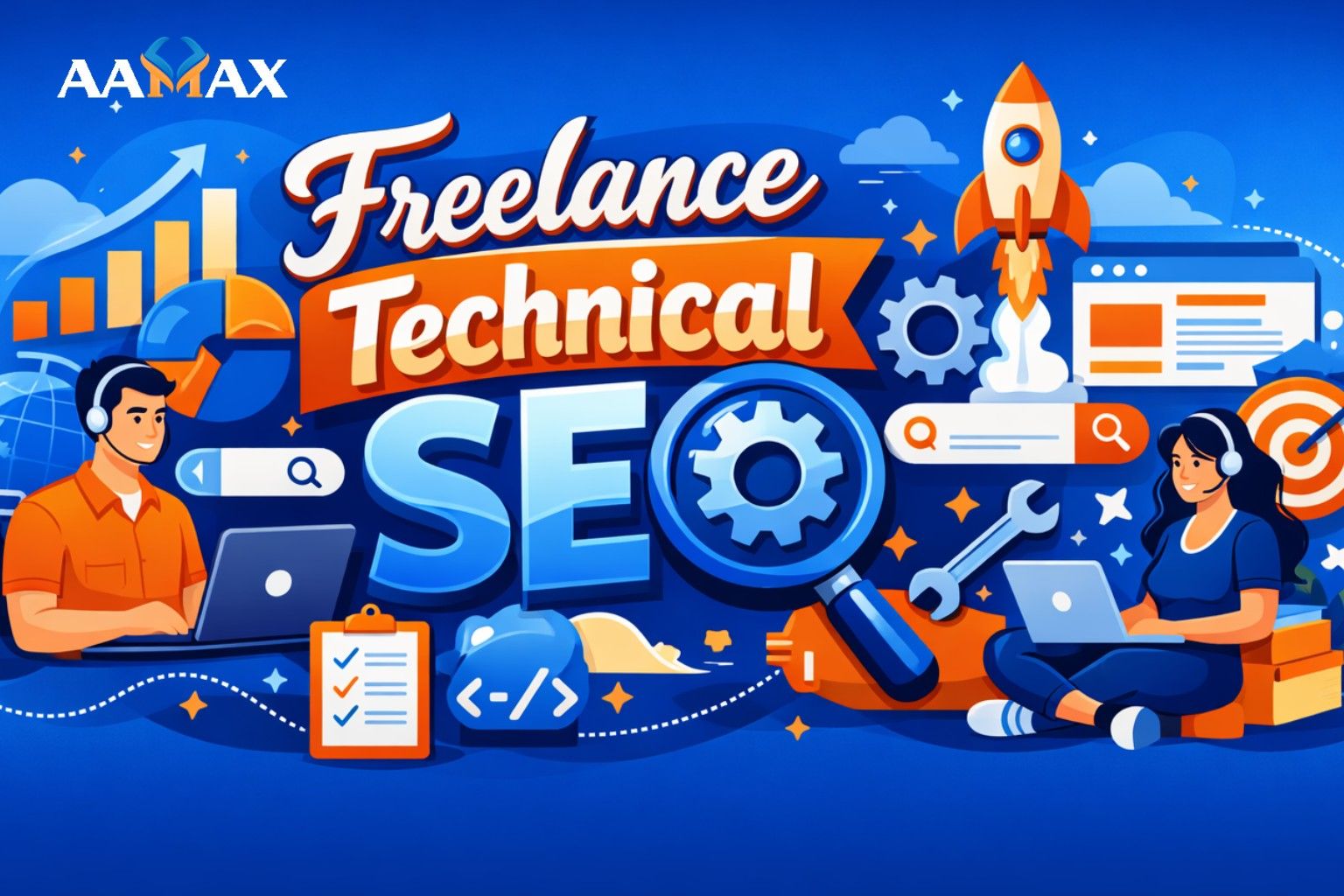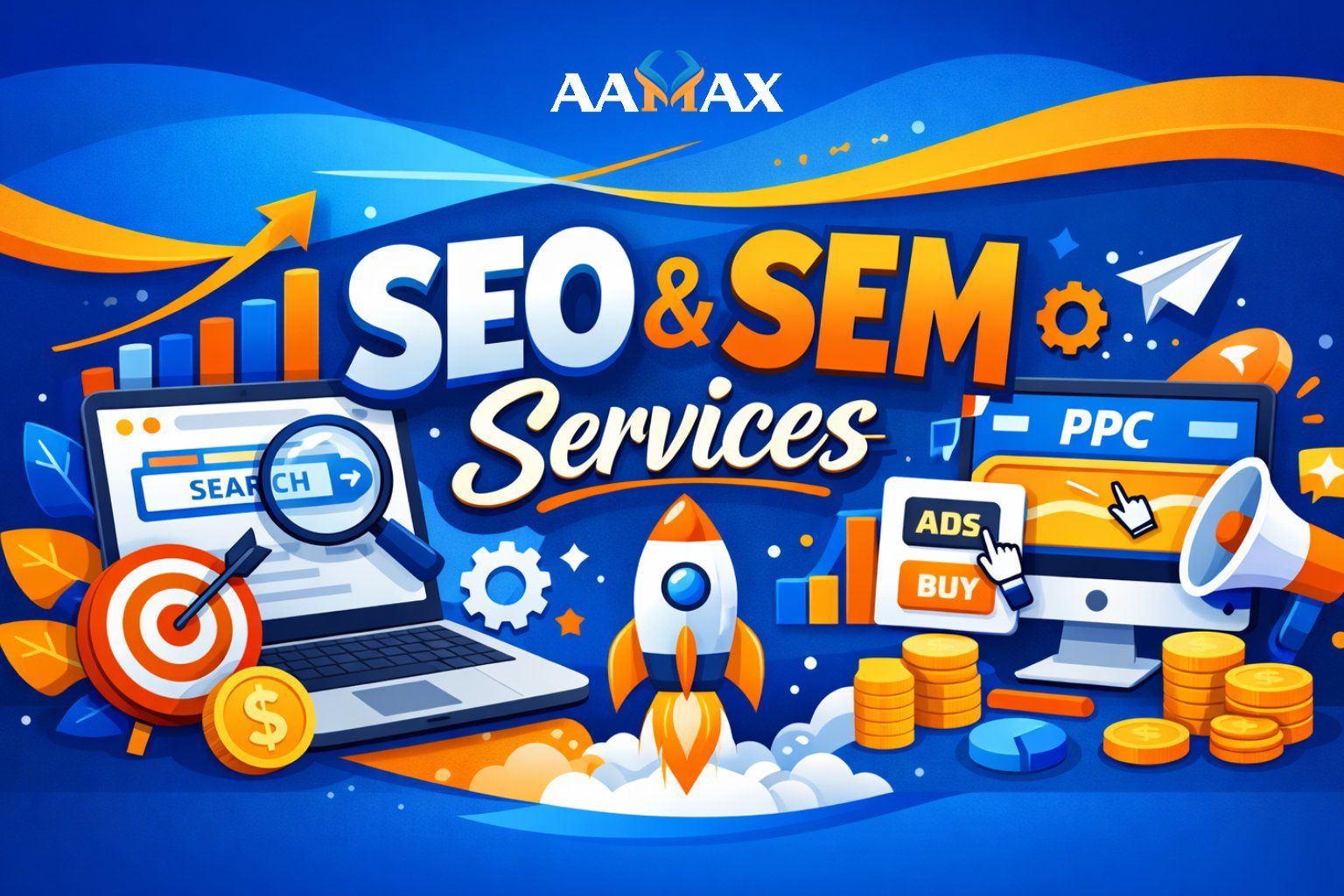![What Is PPC? Pay-Per-Click Marketing Basics [Guide]](https://res.cloudinary.com/dmkou0hmb/image/upload/v1750058017/What_Is_PPC_Pay_Per_Click_Marketing_Basics_Guide_508faf1b2e.jpg)
What Is PPC? Pay-Per-Click Marketing Basics [Guide]
Pay-Per-Click (PPC) marketing is one of the most powerful and measurable digital advertising models available today. Whether you’re a small business aiming to boost visibility or a large enterprise driving conversions at scale, PPC offers unmatched targeting, real-time analytics, and ROI-focused results.
In this comprehensive guide, we’ll dive deep into the basics of PPC, how it works, the different platforms available, and strategies to get started successfully. Whether you're a novice or looking to refine your paid media strategy, this guide is for you.
📌 What is PPC?
PPC stands for Pay-Per-Click, a type of online advertising where advertisers pay a fee each time their ad is clicked. Essentially, it’s a method of buying traffic to your website, rather than attempting to “earn” visits organically through SEO.
One of the most popular forms of PPC is search engine advertising, especially on platforms like Google Ads and Microsoft Ads (formerly Bing Ads). When someone searches for a keyword related to your business, your ad can appear in the sponsored section of the search results.
🎯 Why Is PPC Important?
PPC is an essential component of modern digital marketing for several reasons:
- Instant Visibility: Unlike SEO, which can take months to show results, PPC delivers immediate exposure.
- Measurable Results: Track every click, impression, and conversion. This data helps optimize campaigns for better ROI.
- Targeted Audience: Reach your ideal customer by targeting specific demographics, locations, devices, and more.
- Budget Control: You decide how much to spend daily or monthly, ensuring you never go over budget.
- Business Growth: Well-optimized PPC campaigns can be scalable, helping businesses grow rapidly.
🛠️ How Does PPC Work?
Understanding how PPC works helps you get the most out of your campaigns. Here's a simplified breakdown:
1. Keyword Research
Before launching a campaign, you need to identify keywords your potential customers are searching for. Tools like Google Keyword Planner or SEMrush help you find high-traffic and relevant terms.
2. Ad Auction
When a user enters a search query, an auction occurs in real-time among advertisers targeting that keyword. The winner of the auction gets their ad shown.
3. Ad Rank
Your position on the search results page depends on your Ad Rank, which is calculated using:
- CPC Bid: The maximum you're willing to pay for a click.
- Quality Score: Based on ad relevance, expected CTR, and landing page experience.
4. Cost Per Click (CPC)
The amount you actually pay per click is often less than your max bid and is calculated by the following formula:
Actual CPC = (Ad Rank of the Ad Below You / Your Quality Score) + $0.01
5. Landing Page
Once a user clicks your ad, they are directed to a landing page. This page should be relevant, persuasive, and optimized for conversion.
🧱 Key Components of a PPC Campaign
Let’s explore the main building blocks of a successful PPC campaign:
🔑 Keywords
The foundation of any PPC campaign. Choose a mix of:
- Short-tail keywords (e.g., “shoes”)
- Long-tail keywords (e.g., “best running shoes for women under $100”)
Use negative keywords to avoid irrelevant clicks.
✍️ Ad Copy
Your ad should include:
- A compelling headline
- Clear value proposition
- A call-to-action (CTA)
- Keyword-rich text for relevancy
🌐 Landing Pages
Drive traffic to dedicated landing pages tailored for each campaign. This improves Quality Score and conversion rates.
🎯 Targeting Options
Modern PPC platforms allow granular targeting:
- Geographic location
- Device type
- Language
- Time of day
- Interests and behaviors (especially on social platforms)
📊 Types of PPC Advertising
There are several platforms and ad formats in PPC. Choosing the right one depends on your goals.
🔍 1. Search Ads
These are text ads that appear on SERPs (Search Engine Results Pages). Great for capturing intent-based traffic.
Platform: Google Ads, Bing Ads
📷 2. Display Ads
Visual banner ads shown across a network of websites. Ideal for brand awareness and remarketing.
Platform: Google Display Network (GDN)
🎥 3. Video Ads
Run video ads on platforms like YouTube. Excellent for engagement and storytelling.
Platform: YouTube (via Google Ads)
📱 4. Social Media Ads
Use PPC on social media to target audiences based on interests, behavior, and demographics.
Platforms: Facebook, Instagram, LinkedIn, Twitter, TikTok
🛒 5. Shopping Ads
These ads show product images, prices, and reviews in search results. Perfect for e-commerce businesses.
Platform: Google Shopping, Microsoft Shopping
📧 6. Retargeting/Remarketing Ads
These target users who previously interacted with your website or ads, helping bring them back to convert.
💡 PPC Strategy Tips for Beginners
1. Set Clear Goals
What are you trying to achieve? Leads, sales, downloads? Define SMART goals before setting up your campaign.
2. Start Small and Scale
Test with a modest budget. Monitor performance and scale once you identify winning keywords and ad creatives.
3. Focus on Quality Score
Improve ad relevance, CTR, and landing page experience to reduce CPC and increase ad position.
4. Use Conversion Tracking
Always set up Google Analytics or your preferred tracking tool to measure ROI.
5. A/B Testing
Continuously test ad headlines, CTAs, and landing pages to improve results.
6. Monitor and Optimize
Regularly review keyword performance, pause underperformers, and adjust bids. PPC success comes from ongoing optimization.
🧮 How Much Does PPC Cost?
There’s no fixed price tag for PPC. Your costs depend on:
- Industry: Legal, finance, and insurance are typically more expensive.
- Competition: High-demand keywords cost more.
- Quality Score: Higher scores reduce your cost per click.
- Target Location: CPCs vary by geography.
Example CPC Ranges (Google Ads):
- Legal: $30–$60
- E-commerce: $1–$5
- Real Estate: $2–$10
You control your daily and monthly budget, making PPC flexible for businesses of all sizes.
🧑💼 Should You Manage PPC Yourself or Hire a Professional?
Running a successful PPC campaign requires strategy, time, and expertise. If you're not experienced in ad optimization, you risk wasting money on poor targeting or ineffective ads.
That’s why many businesses hire a professional digital marketing agency to manage their campaigns effectively.
🚀 Hire AAMAX for Expert PPC and Digital Marketing Services
If you're looking for a trusted partner to help you with PPC advertising and broader digital marketing efforts, AAMAX is here to help.
Why Choose AAMAX?
- 🔧 Full-Service Agency: Web Development, SEO, and Digital Marketing under one roof.
- 🎯 Customized PPC Campaigns: Tailored to your business goals and budget.
- 📈 Proven ROI: Data-driven strategies with real-time performance reporting.
- 👥 Experienced Team: Certified professionals in Google Ads, Facebook Ads, and more.
Whether you need to generate leads, boost e-commerce sales, or increase brand visibility, AAMAX can help you achieve real results.
👉 Hire AAMAX Now to supercharge your online growth.
🏁 Conclusion: Is PPC Right for You?
PPC is a powerful tool for businesses looking to drive traffic, leads, and sales quickly. While it requires careful planning and ongoing management, the potential ROI is high when done correctly.
With the right strategy—or the right agency—you can harness the power of PPC to reach your audience exactly when they’re ready to act.
If you're ready to take your digital marketing to the next level, partner with AAMAX, a full-service agency ready to drive your success.
Need help? Let the experts at AAMAX handle your PPC and digital marketing campaigns while you focus on growing your business.

